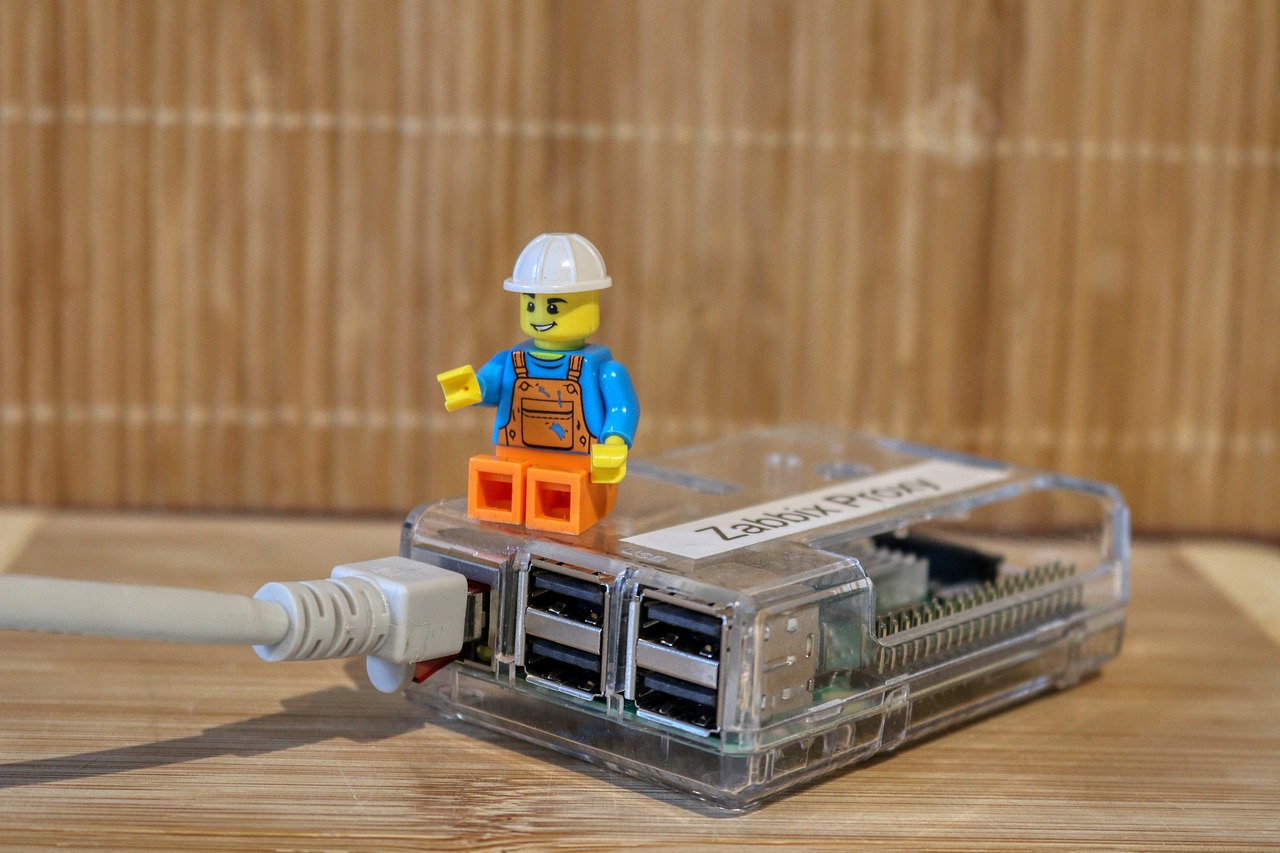The Future of Quantum Communication Networks
Quantum mechanics is a branch of physics that explores the behavior of matter and energy at an atomic and subatomic level. It provides a framework for understanding the fundamental building blocks of the universe, such as electrons, photons, and quarks. Rather than following classical physics laws, quantum mechanics operates on principles of uncertainty and probability, which can result in phenomena that seem counterintuitive to our everyday experiences.
One of the key principles of quantum mechanics is superposition, which states that particles can exist in multiple states or locations simultaneously until measured. This concept challenges our common-sense understanding of reality but has been experimentally verified through various scientific experiments. Additionally, quantum mechanics introduces the idea of wave-particle duality, suggesting that matter and energy can exhibit both wave-like and particle-like behavior depending on the experimental setup.
Quantum Entanglement and Communication
Quantum entanglement is a fascinating phenomenon in quantum mechanics where two or more particles become connected in such a way that the state of one particle is directly related to the state of another, regardless of the distance between them. This interconnectedness is often referred to as “spooky action at a distance” and has intrigued scientists for decades with its implications for communication and technology.
Researchers have been exploring how quantum entanglement can be harnessed for communication purposes. One of the most promising applications is in quantum communication, where information is encoded into the entangled particles and transmitted securely over long distances. By leveraging the unique properties of entangled particles, such as their instantaneous correlation, quantum communication holds the potential to revolutionize the field of secure and reliable communication systems.
Quantum Key Distribution for Secure Communication
Quantum key distribution (QKD) is an advanced technique that leverages the principles of quantum mechanics to establish secure communication channels. Unlike traditional cryptographic methods that rely on complex algorithms, QKD uses quantum properties to ensure the confidentiality of transmitted information. By encoding data into quantum bits or qubits, QKD enables the sender and receiver to create a secret key that is impossible for eavesdroppers to intercept without altering the transmitted qubits.
One of the key advantages of quantum key distribution is its ability to offer unconditional security. The mechanisms employed in QKD rely on fundamental principles of physics, making it nearly impossible for hackers to decipher the encrypted information without being detected. This level of security is vital for industries handling sensitive data, such as finance, government, and healthcare, where data breaches can have severe consequences. With the growing threat of cyberattacks, quantum key distribution presents a promising solution to safeguarding communication channels from malicious interference.
• Quantum key distribution (QKD) leverages quantum mechanics for secure communication
• QKD encodes data into qubits to create an unbreakable secret key
• Offers unconditional security by relying on fundamental physics principles
• Vital for industries handling sensitive data like finance, government, and healthcare
• Promising solution to safeguard communication channels from cyberattacks
What is Quantum Mechanics?
Quantum Mechanics is the branch of physics that deals with the behavior of particles at the atomic and subatomic levels.
What is Quantum Entanglement?
Quantum Entanglement is a phenomenon where two particles become connected in such a way that the state of one particle is instantly correlated with the state of the other, regardless of the distance between them.
How does Quantum Key Distribution work for secure communication?
Quantum Key Distribution uses the principles of Quantum Mechanics and Quantum Entanglement to generate and distribute cryptographic keys that are virtually impossible to intercept or decode, ensuring secure communication.
Is Quantum Key Distribution completely secure?
While Quantum Key Distribution offers a high level of security, it is not completely immune to potential attacks. However, the use of quantum principles makes it significantly more secure than traditional encryption methods.
How is Quantum Key Distribution different from traditional encryption methods?
Quantum Key Distribution relies on the principles of quantum mechanics and quantum entanglement to ensure secure communication, whereas traditional encryption methods rely on mathematical algorithms that can potentially be cracked by powerful computers.





